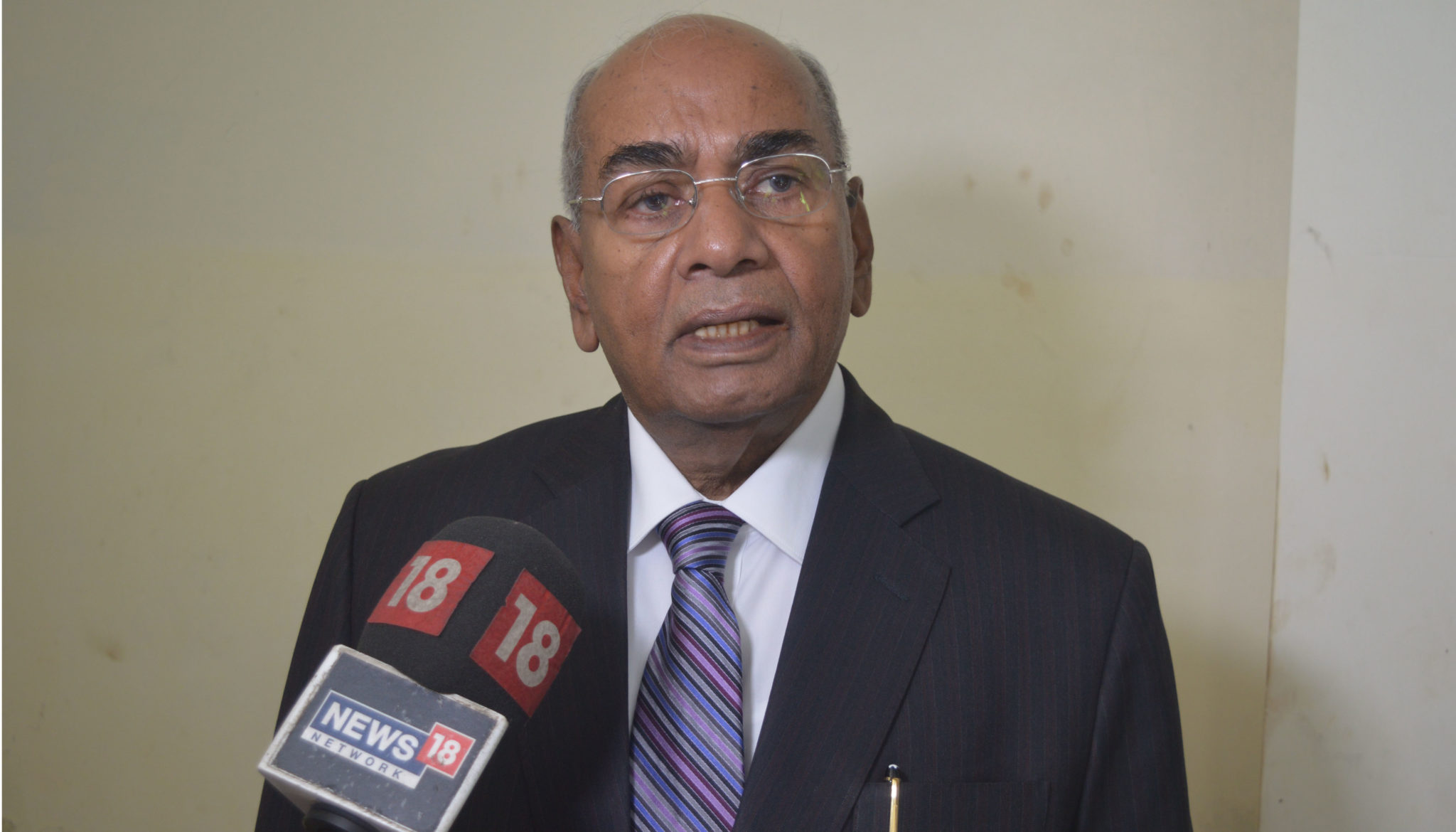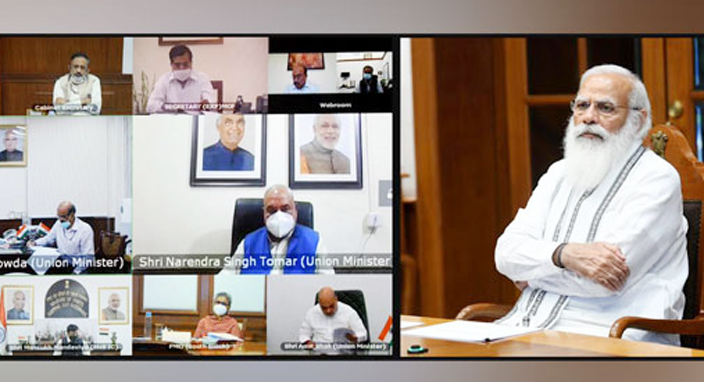A historic decision was taken to increase the subsidy for DAP fertiliser at a high-level meeting chaired by PM Narendra Modi on the issue of DAP fertiliser on Wednesday.
With the PM stressing that farmers should get fertilisers at old rates despite the international rise in prices, the subsidy for DAP fertiliser was raised from Rs. 500 per bag to Rs. 1200 per bag, which is an increase of 140%.
Thus, despite the rise in international market prices of DAP, it has been decided to continue selling it at the old price of Rs.1200 and the central government has decided to bear all the burden of price hike. The amount of subsidy per bag has never been increased so much in one fell swoop.
Welcoming the decision, the MD of the largest producer of fertilizers in the country IFFCO tweeted “We at IFFCO welcome this good historic decision taken by PM Sh. @narendramodi Ji in a high-level meeting to increase the subsidy on DAP Fertilisers. This will certainly help reduce the price of fertilisers for farmers.”
Experts on the subject made a detailed presentation before the PM leading to this unprecedented hike in subsidy, said sources. It was discussed that the price of fertilisers is undergoing an increase due to the rising prices of phosphoric acid, ammonia etc internationally. The PM stressed that farmers should get fertilisers at old rates despite the international rise in prices.


Recently, the international prices of phosphoric acid, ammonia etc. used in DAP have gone up by 60% to 70%. So the actual price of a DAP bag is now Rs 2400, which could be sold by Fertilizer companies at Rs 1900 after calculating a subsidy of Rs 500. With today’s decision, farmers will continue to get a DAP bag for Rs 1200.
The PM remarked that his Government is committed to the welfare of farmers and will take all efforts to ensure that farmers do not have to face the brunt of price-rise.
The Central Government spends about Rs 80,000 crore on subsidies for chemical fertilisers every year. With the increase in subsidy in DAP, the Government of India will spend an additional Rs 14,775 crore as subsidy in the Kharif season.













































